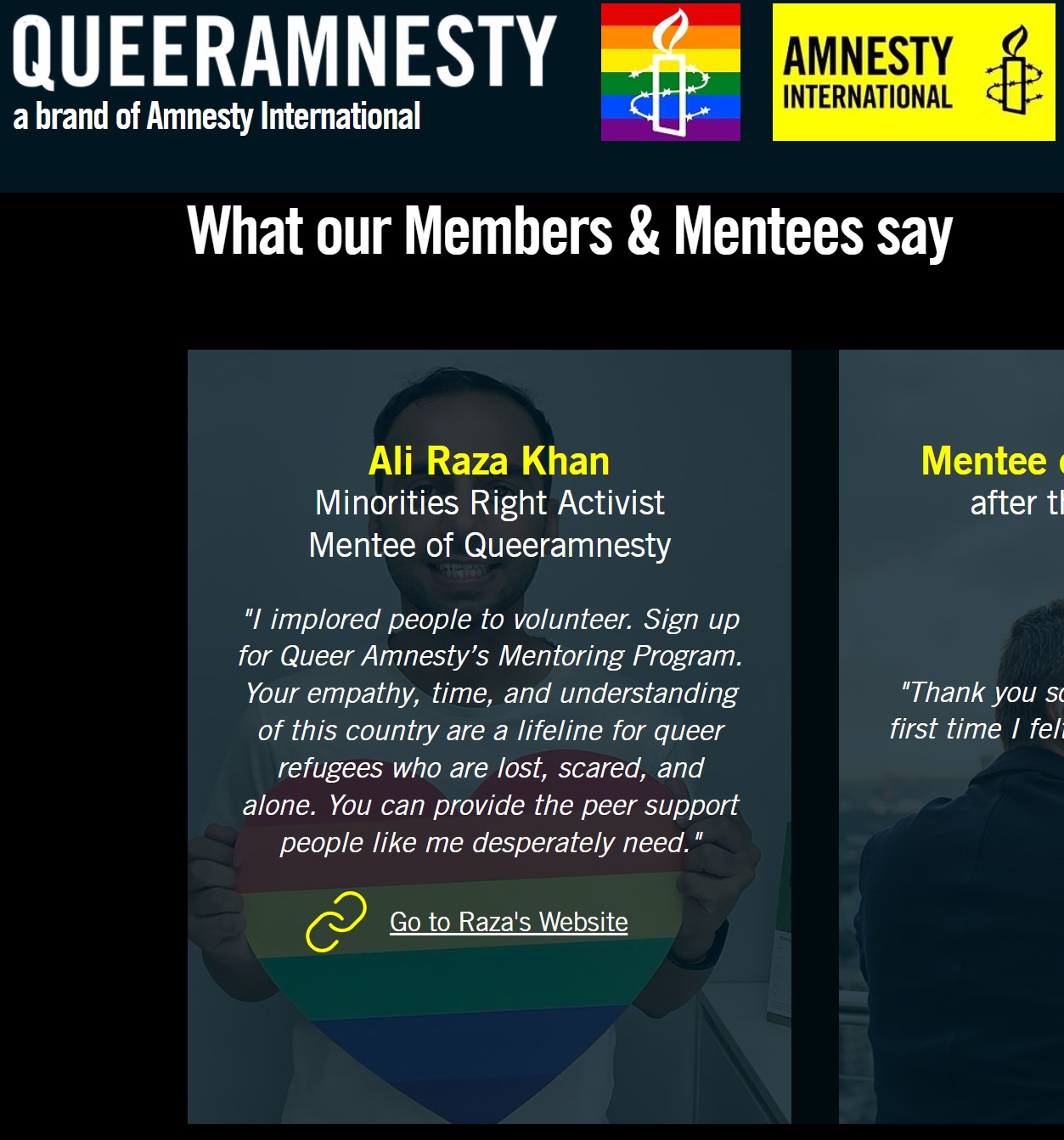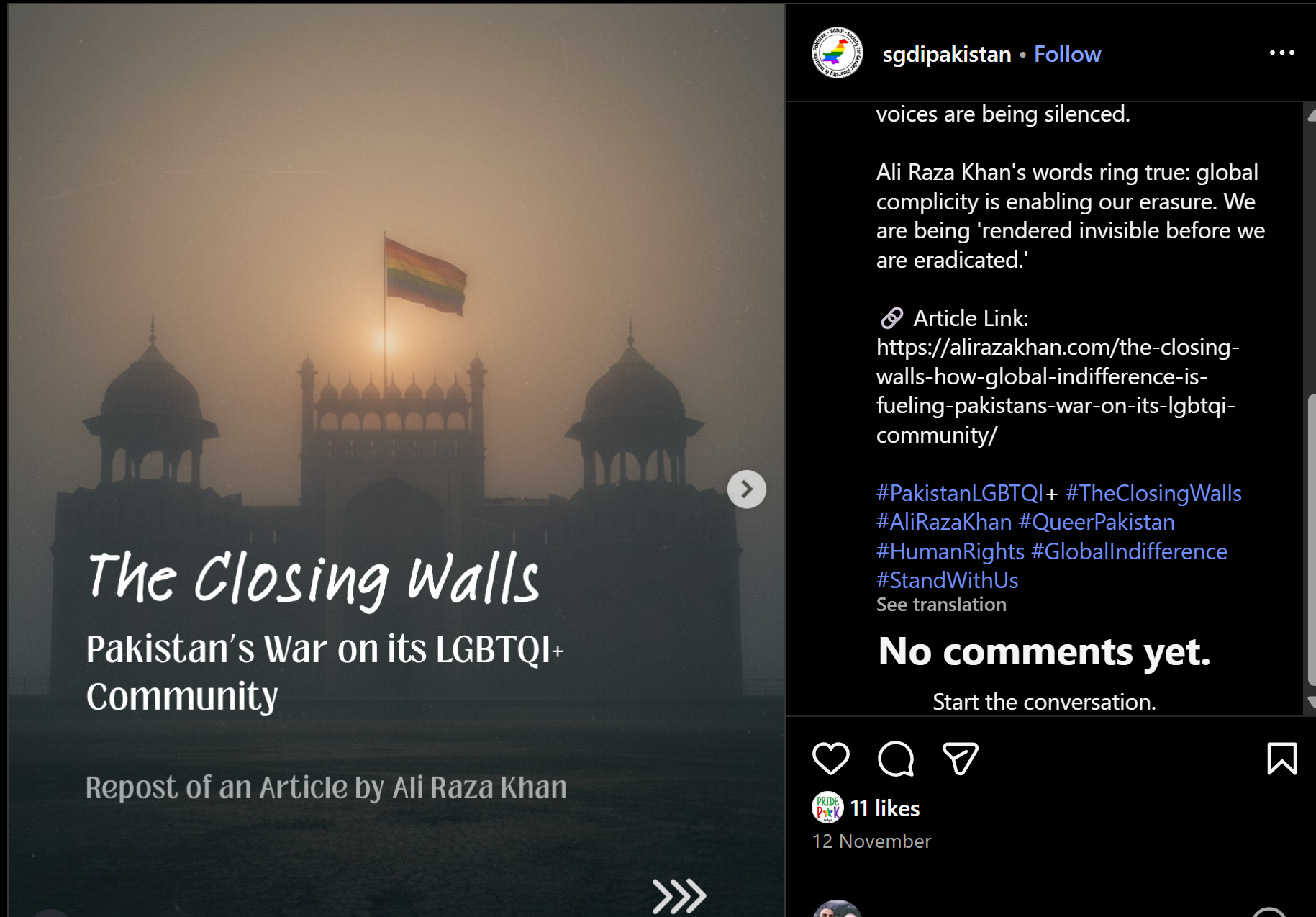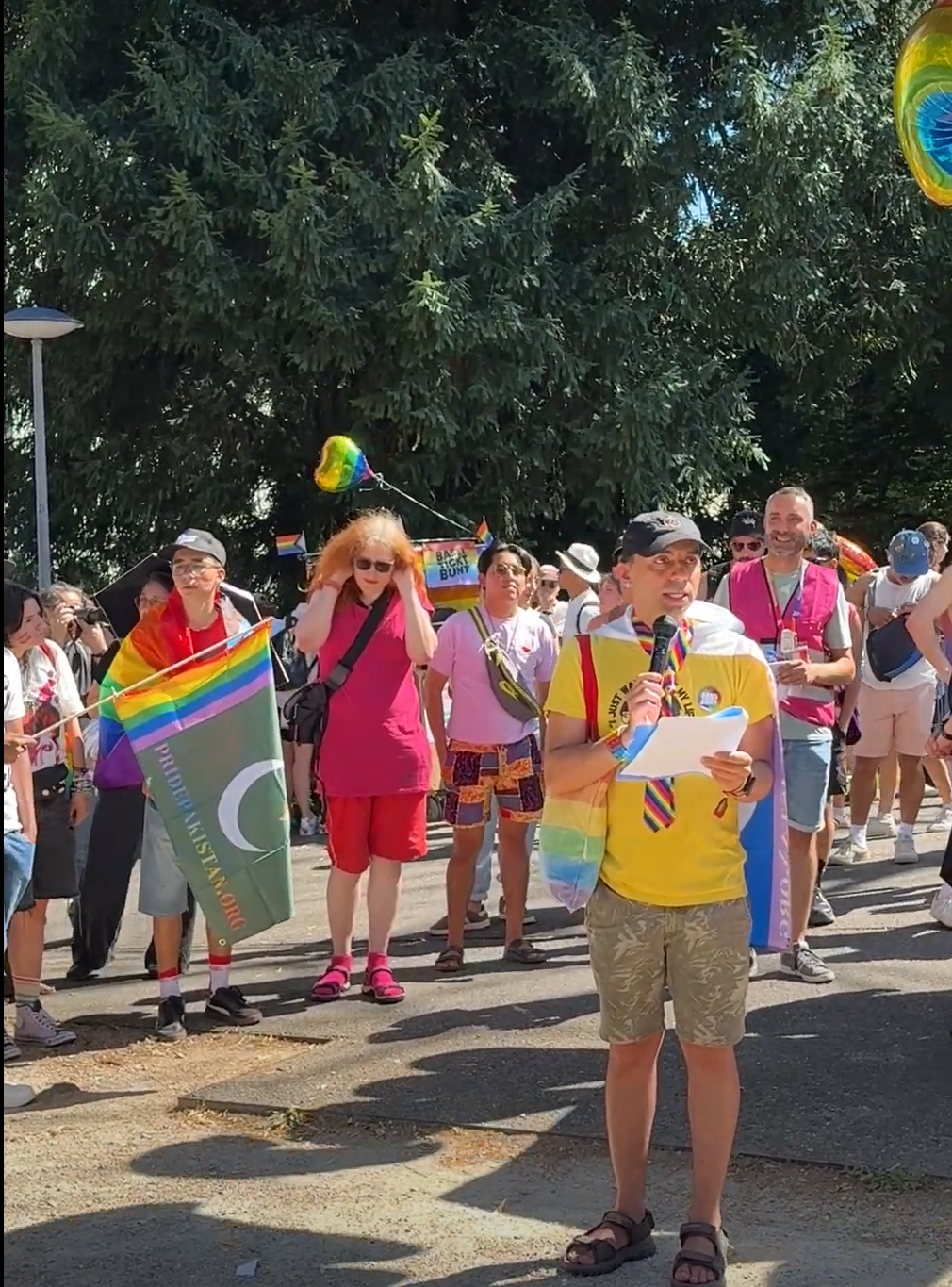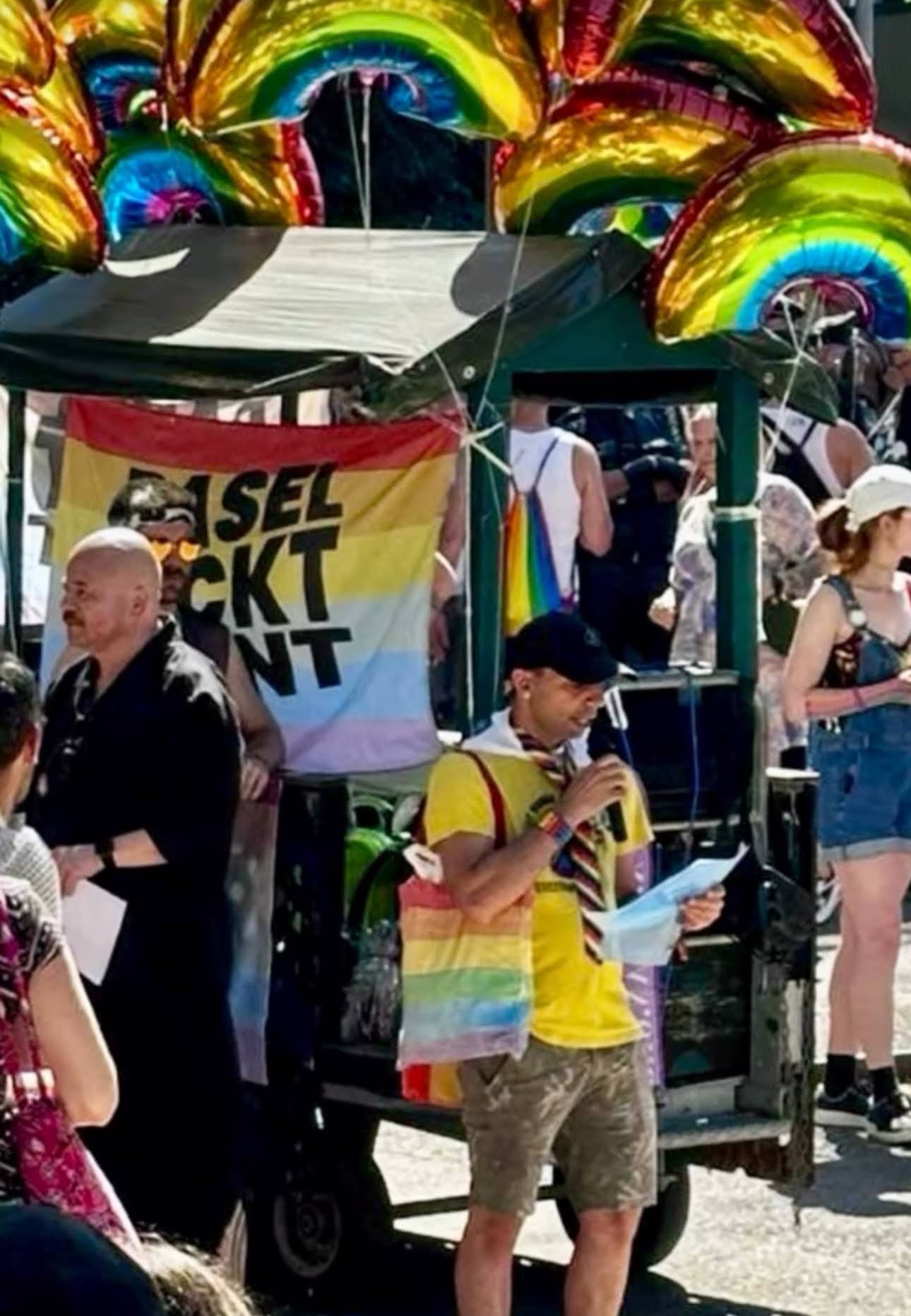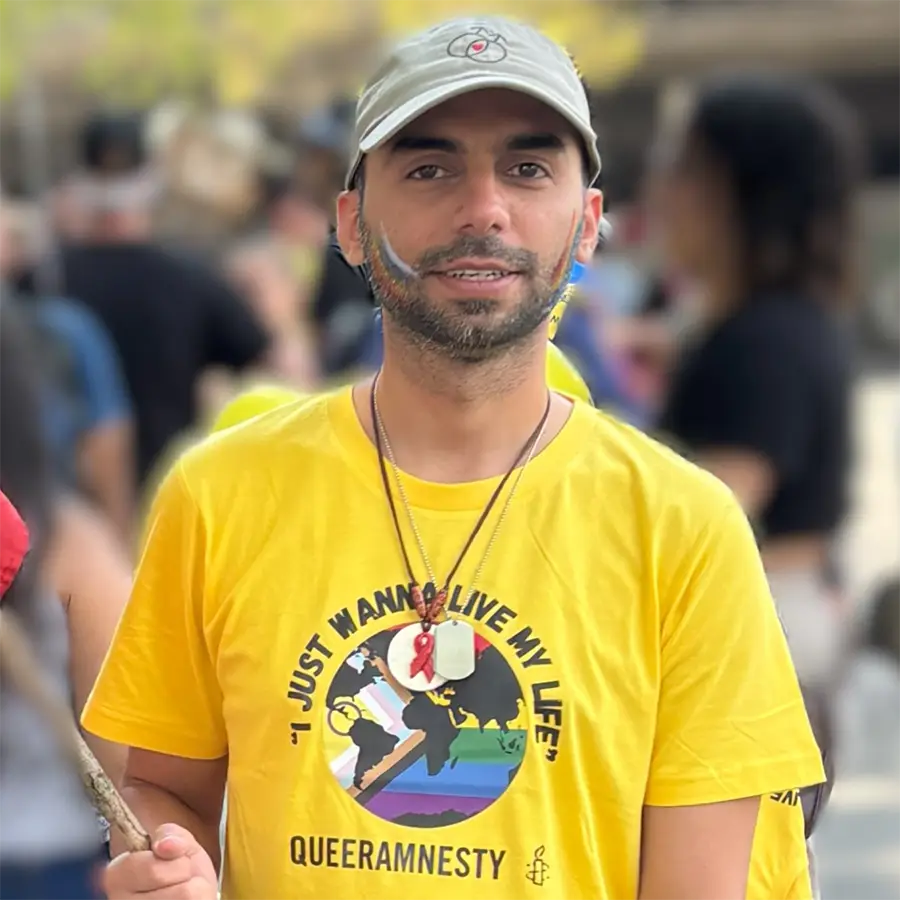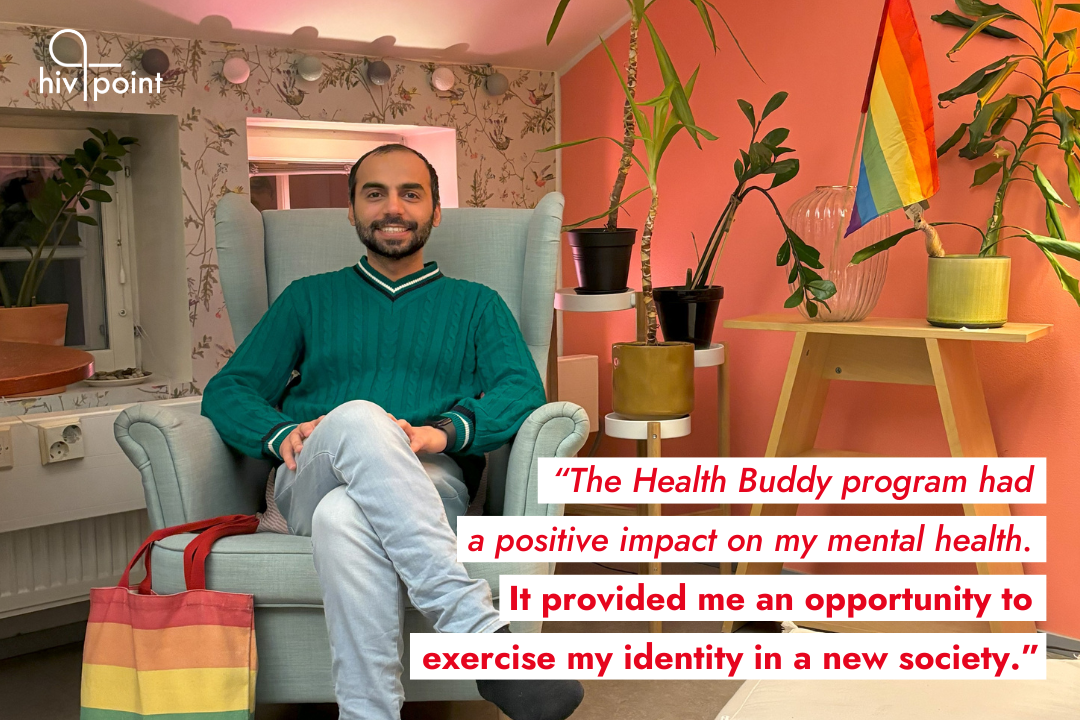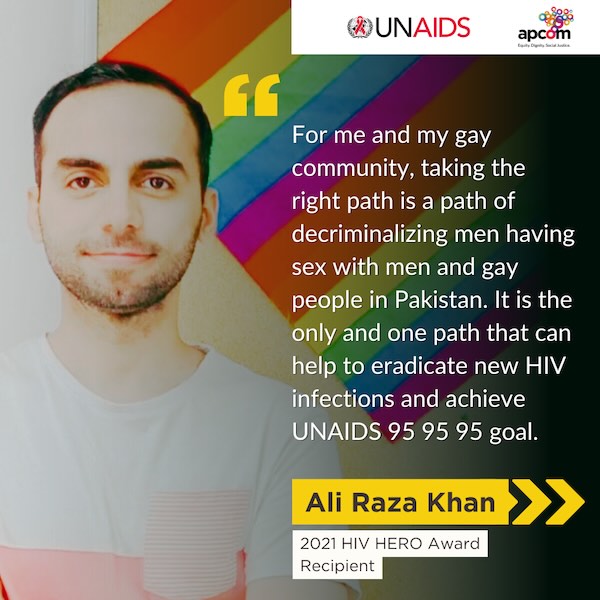Category: LGBTQIA+ : Proud Queer Muslim
-
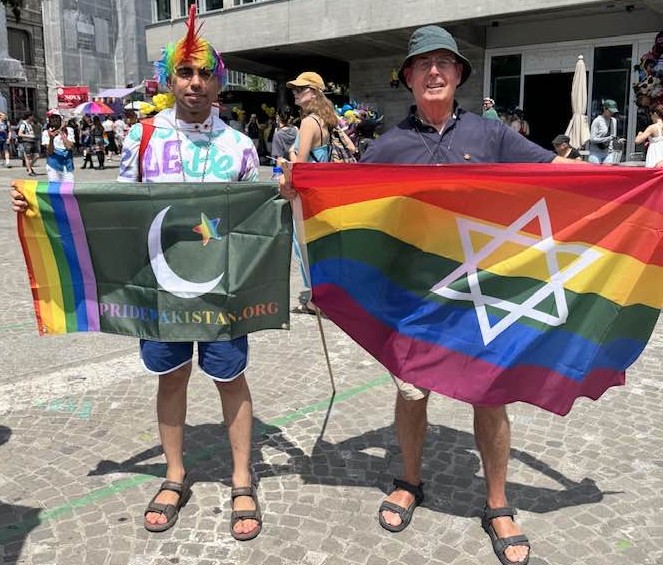
Beyond Borders: When Pakistan and Israel Meet at Pride
There are moments in life that feel like more than just a photograph. They feel like a blueprint for the future. Recently, at Pride Geneva, I had the honor of standing alongside Leo from Queers Against Antisemitism (QgA). In my hand, I held the Pakistani Muslim rainbow flag; in his, the Jewish rainbow flag. In…
-
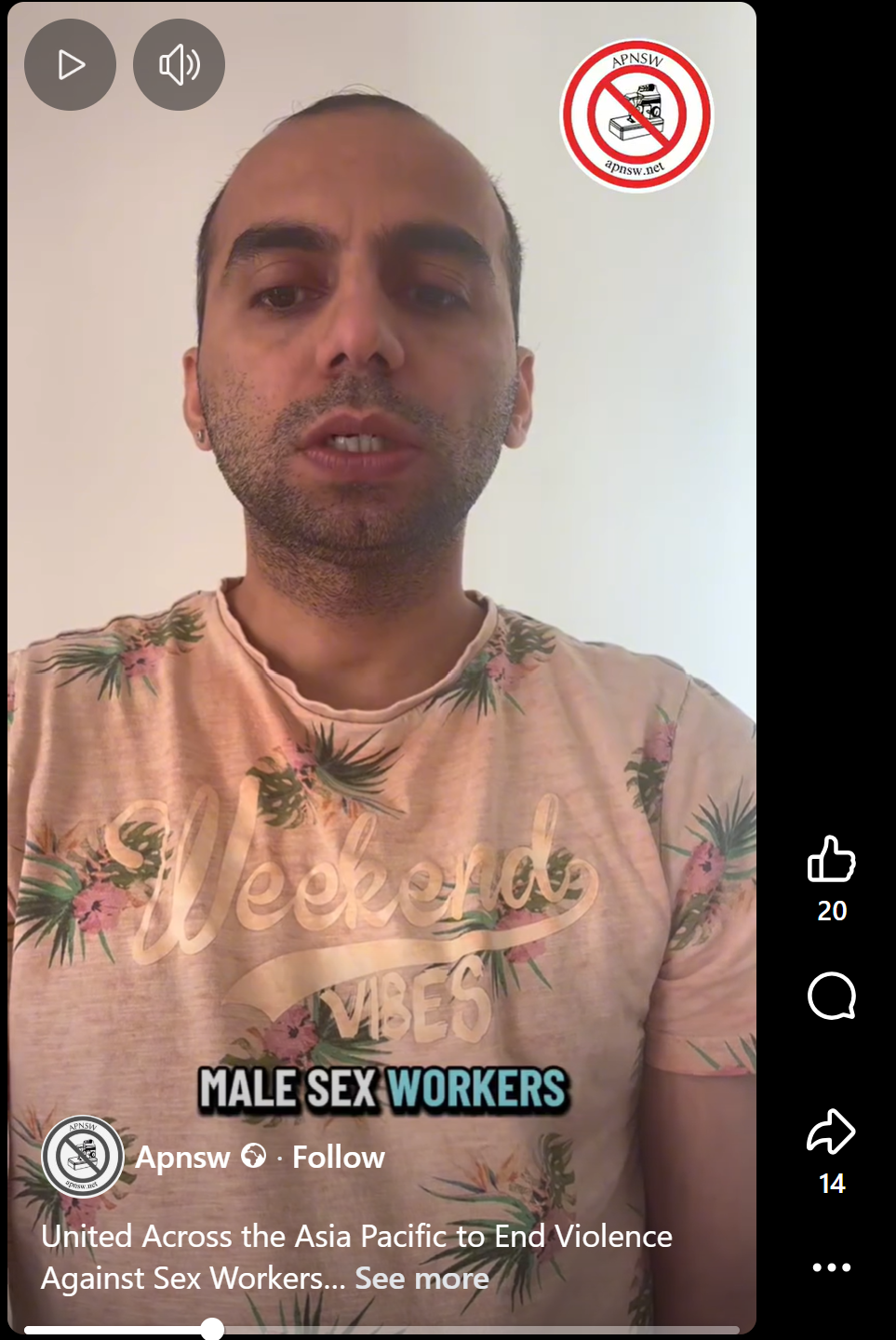
Standing in Global Solidarity: My Message for the International Day to End Violence Against Sex Workers
I am proud to share that my voice has been featured alongside fellow activists from across the Asia Pacific in a powerful new campaign by the Asia Pacific Network of Sex Workers (APNSW). To mark the International Day to End Violence Against Sex Workers, we have come together to send a unified message to the…
-
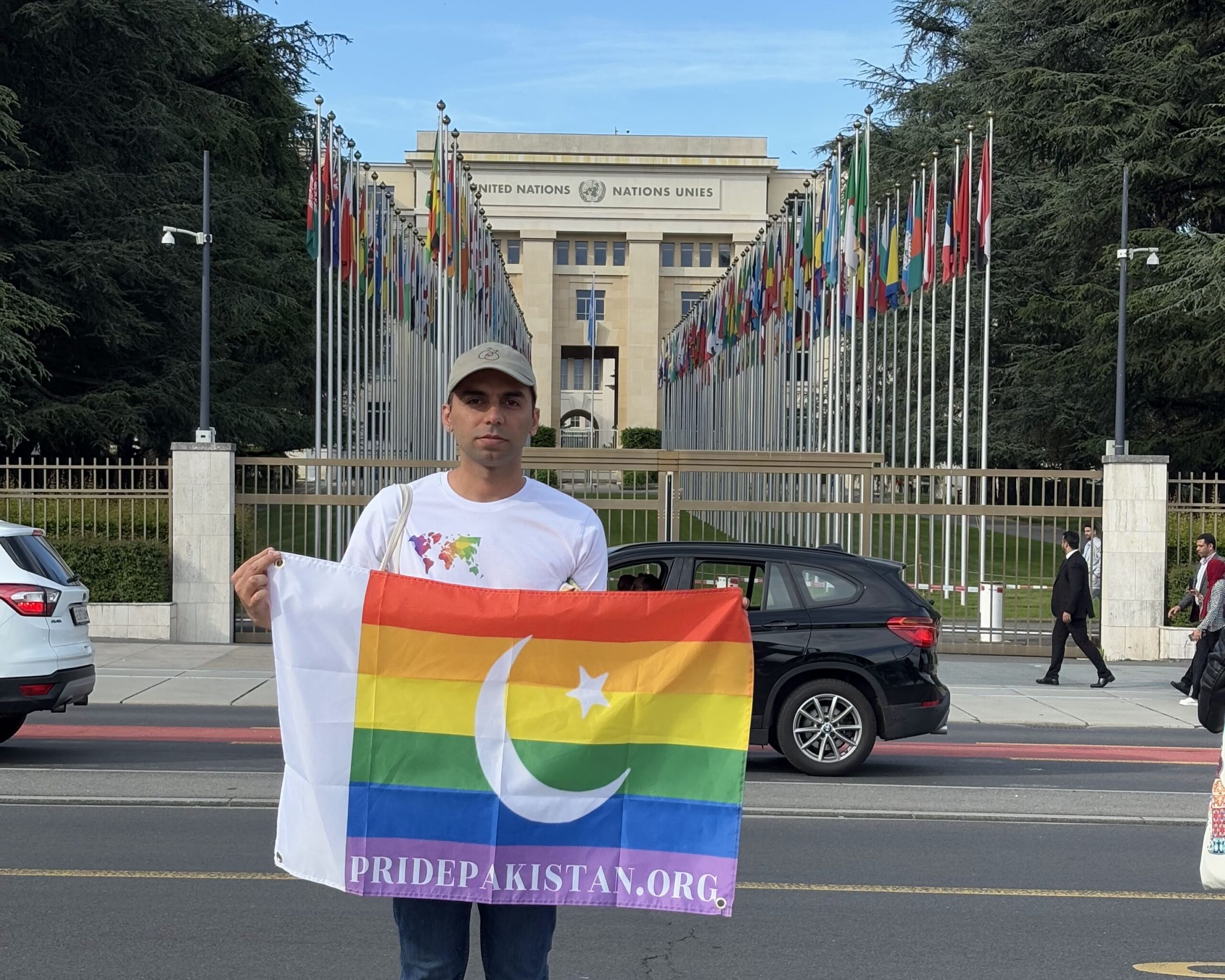
The Closing Walls: How Global Indifference is Fueling Pakistan’s War on its LGBTQI+ Community
By Ali Raza Khan Ali Raza Khan is a steering committee member of TheYouthPACT, an HIV-positive gay activist, and lives with PTSD. There’s a particular kind of silence that haunts you when you live at the intersection of identities the world wishes to erase. As a gay man, as an HIV-positive person, as an activist…
-
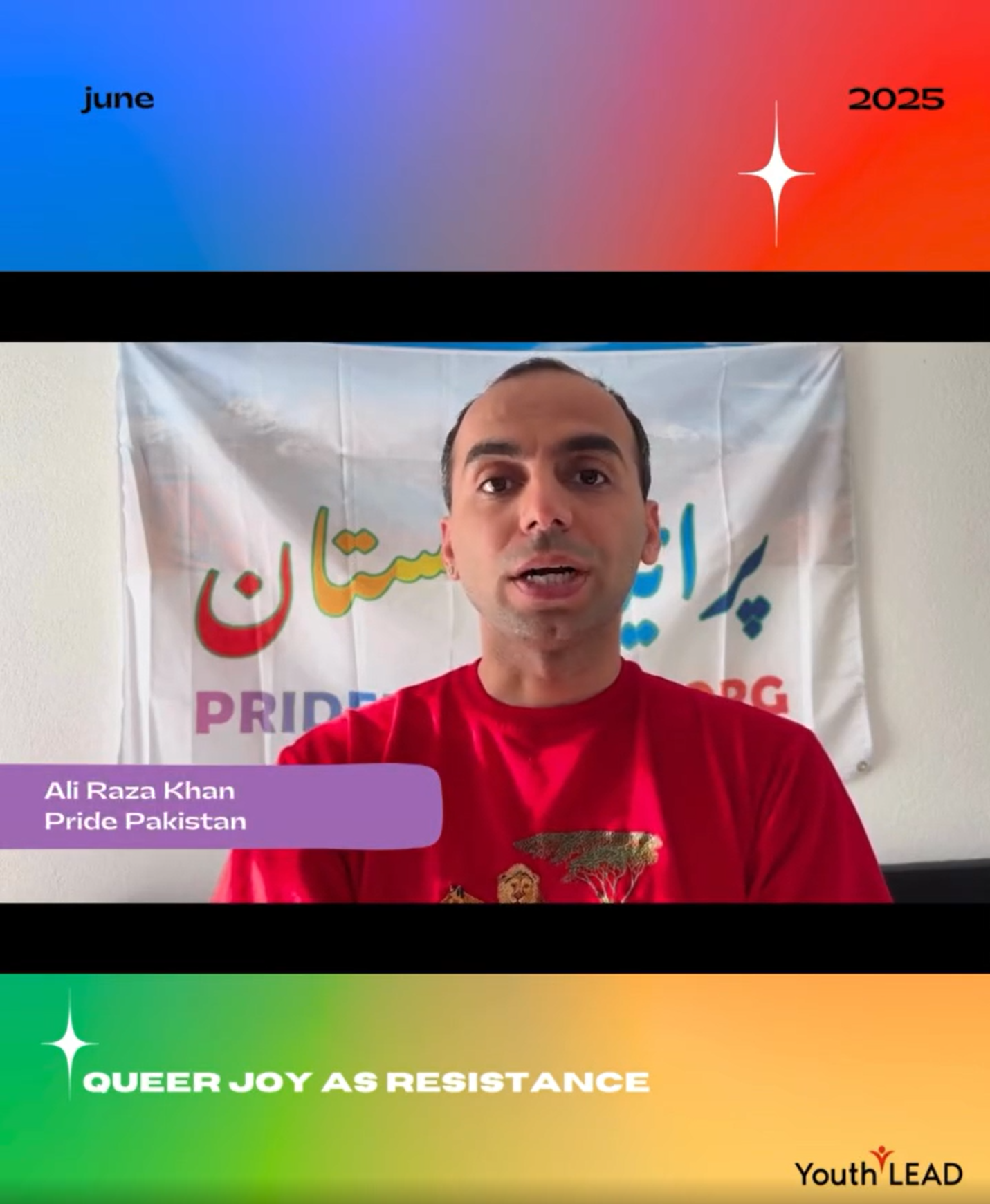
Laughter as Rebellion: My Pride 2025 Message on Queer Joy for Youth LEAD AP
Posted by Ali Raza Khan | June 5, 2025 Asalaam Alaikum and a very Happy Pride Month to all! This Pride Month, I was incredibly honoured to contribute a video message to the Asia Pacific Network of YKP (Youth LEAD AP) for their powerful series, “Queer Joy as Resistance.” As the founder of PridePakistan.org, a…
-
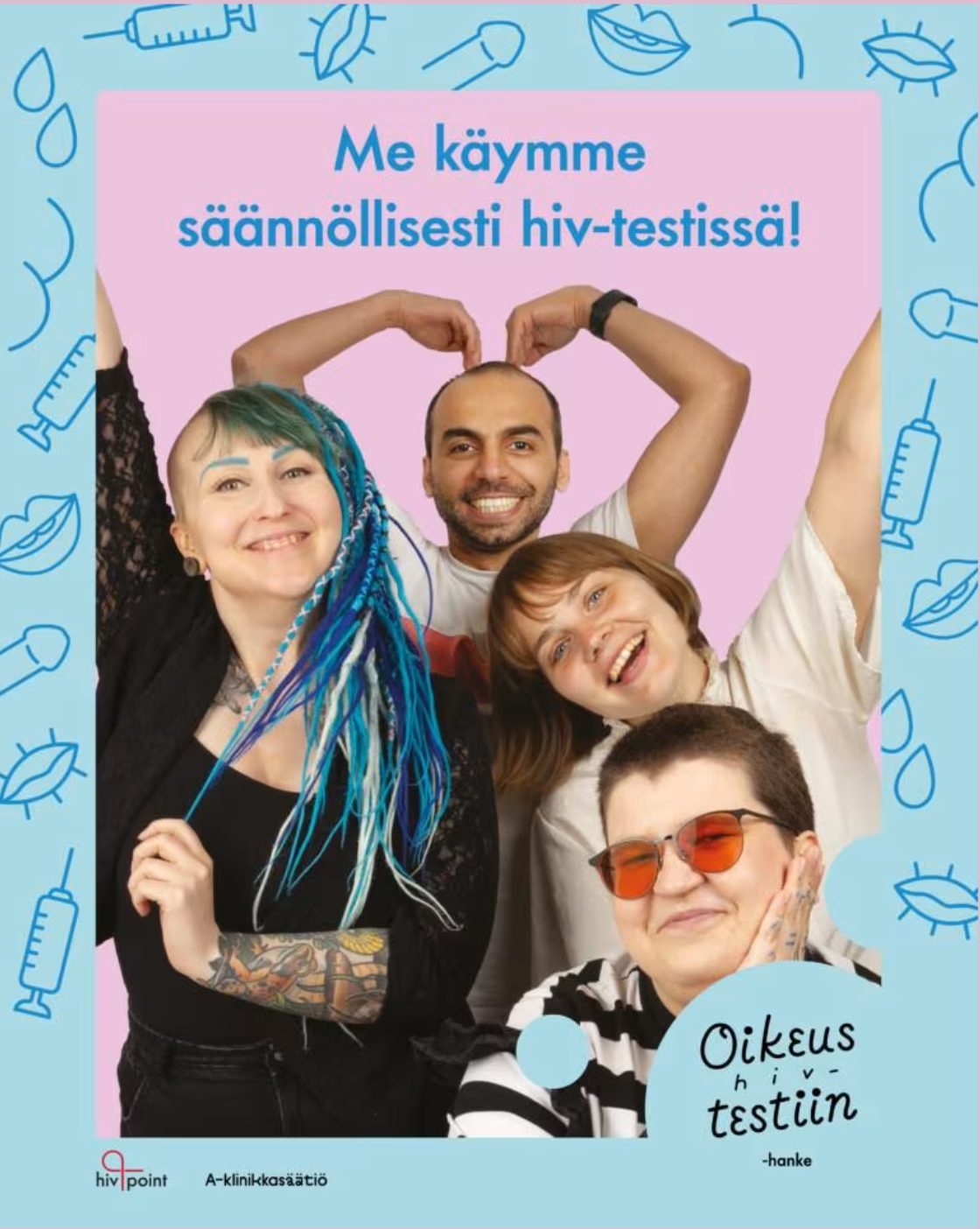
The European Testing Week aims to highlight the importance of early HIV testing and strives for more easily accessible HIV and STI testing services.
The European Testing Week aims to highlight the importance of early HIV testing and strives for more easily accessible HIV and STI testing services. Why should HIV and STI testing be promoted❔ 🩷 Early detection promotes well-being. By enhancing testing, infections can be treated, chains of transmission can be broken, and people’s sexual well-being can…
-
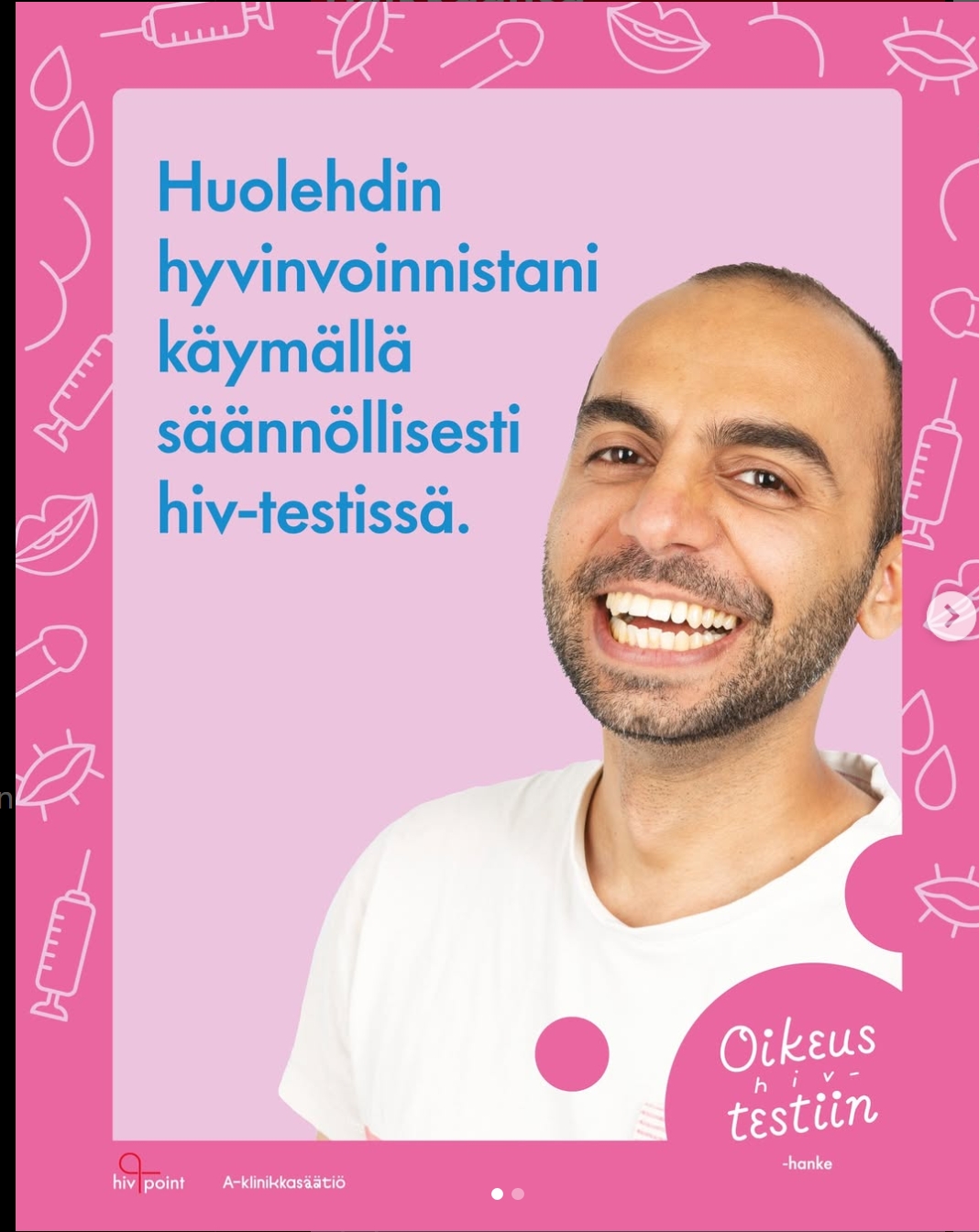
Eurooppalaisella testausviikolla halutaan muistuttaa varhaisen hiv-testauksen merkityksestä ja tähdätään helpommin saavutettaviin hiv- ja seksitautitestauspalveluihin
Eurooppalaisella testausviikolla halutaan muistuttaa varhaisen hiv-testauksen merkityksestä ja tähdätään helpommin saavutettaviin hiv- ja seksitautitestauspalveluihin Miksi hiv- ja seksitautitestausta pitäisi edistää❔ 🩷 Varhainen toteaminen edistää hyvinvointia.Testausta tehostamalla saadaan tartunnat hoidettua, tartuntaketjut katkaistua ja edistetään ihmisten seksuaalista hyvinvointia.Hiv ja hepatiitit (B ja C) voivat olla oireettomia pitkään ja hoitamattomina vaurioittaa elimistön toimintoja. Hiviin on olemassa lääkehoito, jonka…
-
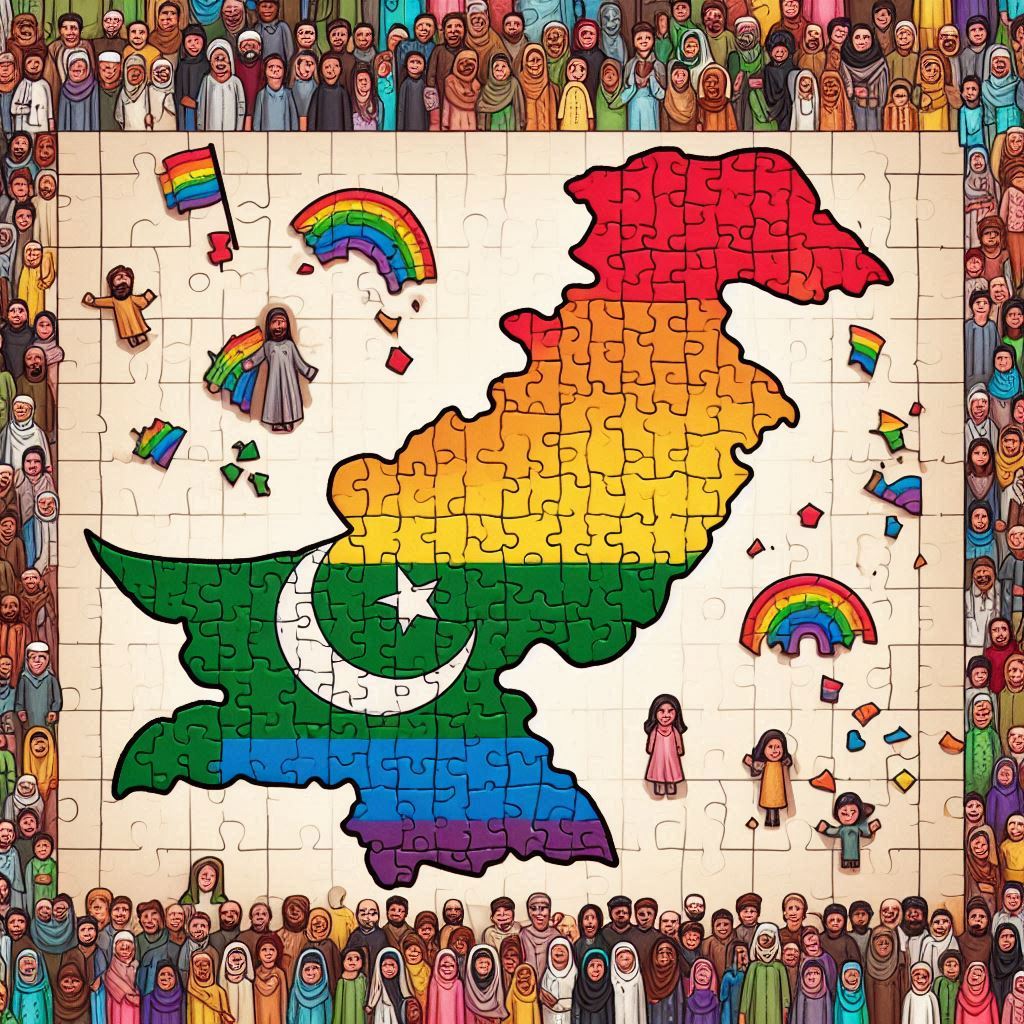
My Pakistan: A Mosaic with Missing Queer Pieces – An LGBTQ+ Perspective
Today, I want to talk about something personal, something many of us in Pakistan navigate in the shadows: being LGBTQ+. Dating? Forget it. Public displays of affection? A recipe for trouble. Even within families, the pressure to conform can be immense. So, we build our lives in the margins, finding solace in online spaces and…
-
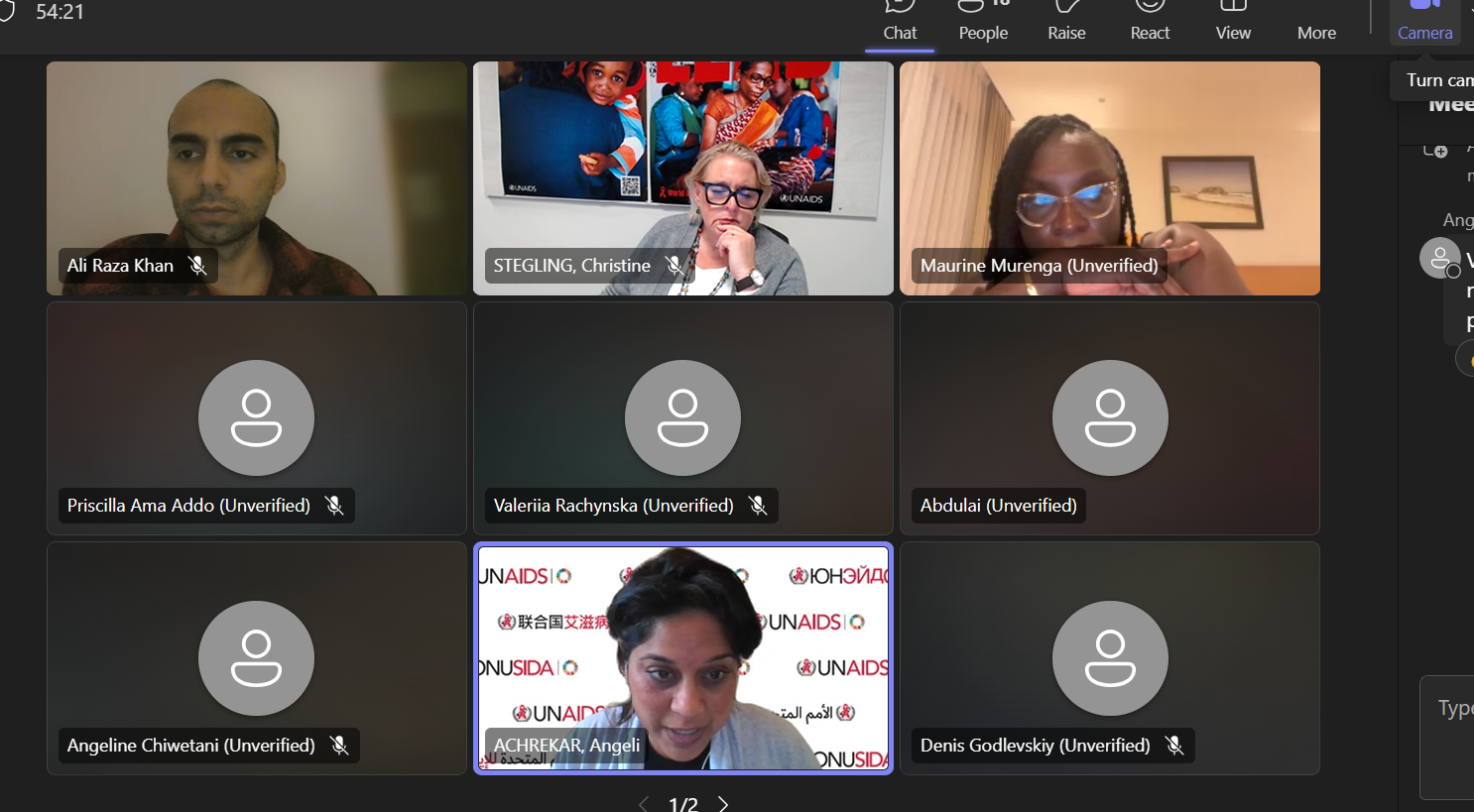
A Crucial Meeting with UNAIDS: Advocating for Sustained HIV Funding
Hello everyone, Ali Raza Khan here. As an HIV-positive gay activist and the founder of Pride Pakistan, I am dedicated to advocating for the rights and well-being of individuals living with HIV. Today, I had the privilege of meeting with key members of the UNAIDS team, including Angeli Achrekar, Deputy Executive Director for the Programme,…
-
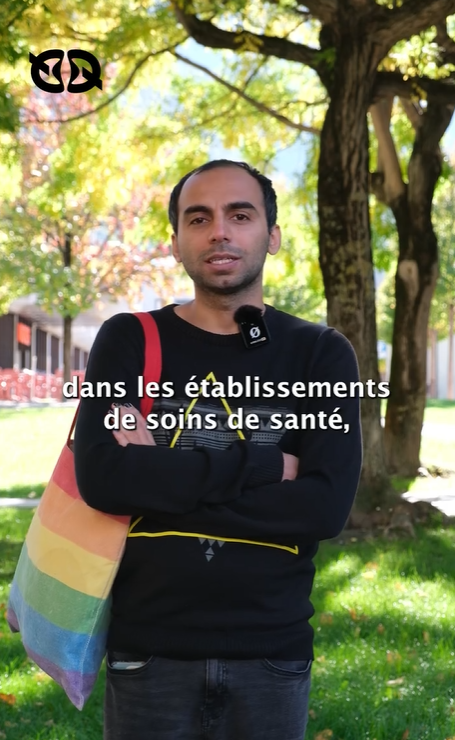
Ali Raza Khan s’exprime : il défend les droits des LGBTQ+ au Pakistan
Dans une récente interview avec Qlub Queer, Ali Raza Khan, un activiste gay séropositif du Pakistan, a partagé son histoire poignante de lutte pour l’égalité et la décriminalisation des personnes LGBTQ+ dans un pays où les relations homosexuelles sont criminalisées. « Bonjour, je m’appelle Ali Raza Khan et je suis un activiste gay séropositif du…
-
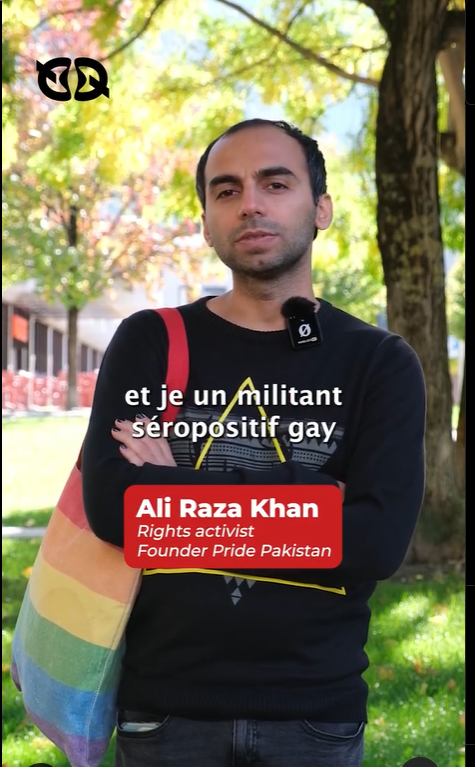
Ali Raza Khan Speaks Out: Advocating for LGBTQ+ Rights in Pakistan
In a recent interview with Qlub Queer, Ali Raza Khan, a HIV-positive gay activist from Pakistan, shared his powerful story of fighting for equality and the decriminalization of LGBTQ+ people in a country where same-sex relationships are criminalized. ” Hi, my name is Ali Raza Khan and I am a HIV positive gay activist from…

